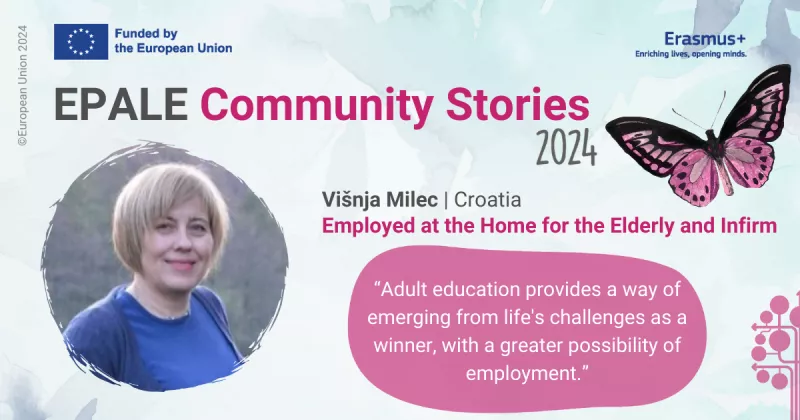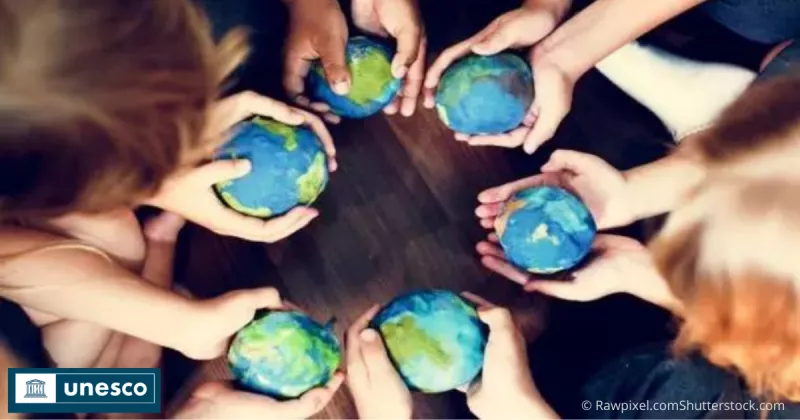Domestic housekeepers: a driver for change and more sustainable households
PRODOME (Professionalising domestic housekeepers) Erasmus+ project, recently concluded, has shown the huge impact of domestic housekeepers for environmental awareness and protection within households.
Housekeeping means maintaining the home in a clean and healthy condition. It contributes to its residents’ comfort and good health. In this sense, housekeeping can be a powerful leverage for using eco-friendly products and implementing more environmentally respectful habits.
Therefore, the training programme developed by this project, available for free in 4 languages (EN, FR, IT, ES) has included the key information and figures available so as to propose suitable green housekeeping.
Indeed, green cleaning products are a sound alternative to chemical products since traditional cleaning products are chemical products and they can be dangerous for human health, causing damages and diseases in the long-term if they are not properly used, as well as for the environment, since these products can disrupt and pollute water treatment plants and natural environments.

In this sense, PRODOME has proposed a full range of learning contents in line with the growing awareness concerning the impact of traditional cleaning products on health and the environment, and the numerous advantages of green housecleaning:
- It’s healthier: limited contact with irritant or even carcinogenic substances. However, some green ingredients can irritate the skin: they are non-toxic but may require special precautions.
- It’s eco-friendly: traditional cleaning products are discharged into storm water and wastewater systems or into the environment and pollute rivers, the sea and the soil. Green cleaning products are non-polluting and therefore environmentally friendly (if dumped into storm water systems or in nature, chemical products pollute rivers, seas and soils). They are quickly biodegradable. They also preserve natural resources (use of renewable raw materials - not oil but plant-based materials; non-polluting manufacturing process and low energy consumer; recyclable packaging and made with renewable resources.)
- It’s practical: most basic products can be found at home (vinegar, lemon, bicarbonate of soda), in grocery stores and organic shops.
- It’s economical: basic products are cheap.
In this context, ecolabels can be very helpful since they ensure strict ecological and performance criteria and they should also have a reduced environmental impact at every stage of their life cycle (raw materials, manufacturing and distribution processes, use and end of life or recovery).
The European Ecolabel, established in 1992, it is the only official European ecolabel usable by all the European Union member countries and is a powerful tool to identify green products and not only for cleaning.
Besides cleaning products, everyday practices can make a difference on different levels and PRODOME has identified the most suitable ones:

- Saving water:
- In the kitchen, working with basins (one for washing, the other one for rinsing) avoid letting water run unnecessarily: by not closing the tap, I use a good 50 litres of water as opposed to only 15-20 litres by filling up two basins.
- Waiting until the dishwasher is totally full and using the Eco or half-load option.
- Saving electricity:
- Using energy-saving light bulbs and keeping them clean (dusty bulbs can decrease the luminous flux by almost 40%).
- Defrosting the fridge avoids energy overconsumption.
- Making sure to turn of unnecessary lights and preferring natural light.
- Stopping the radiators before airing out the rooms.
- Recycling: a proper separation and processing of waste helps to reuse materials in the manufacturing process of new products (like manufacturing new bottles with used glass).
- Cooking: consuming fresh and local products during the proper season can have a positive effect on reducing the carbon footprint (less transportation and transformation costs), as well as economic advantages and a positive effect on their flavor.
In short, PRODOME proposes tailored contents for green housekeeping, helping households to reduce their environmental impact and adopt more eco-friendly products and habits.
For more information, please visit the project website and have access to the full training programme for about 180 hours of blended learning including:
- Leaning contents for 9 modules (1 Household cleaning, 2 Laundry care, 3 Meal preparation, 4 Adaptation to different environments, 5 to 8 Encourage social interaction /Encourage self-care and 9 Developing a professional identity).
- Learning materials including: 15 power points to support face-to-face sessions, 51 summary sheets, 70 tool sheets (including 2 transversal tool sheets for modules 1 to 6) and 51 quizzes including 253 questions, for eLearning, all available in a printable, user-friendly and graphic intuitive format.





